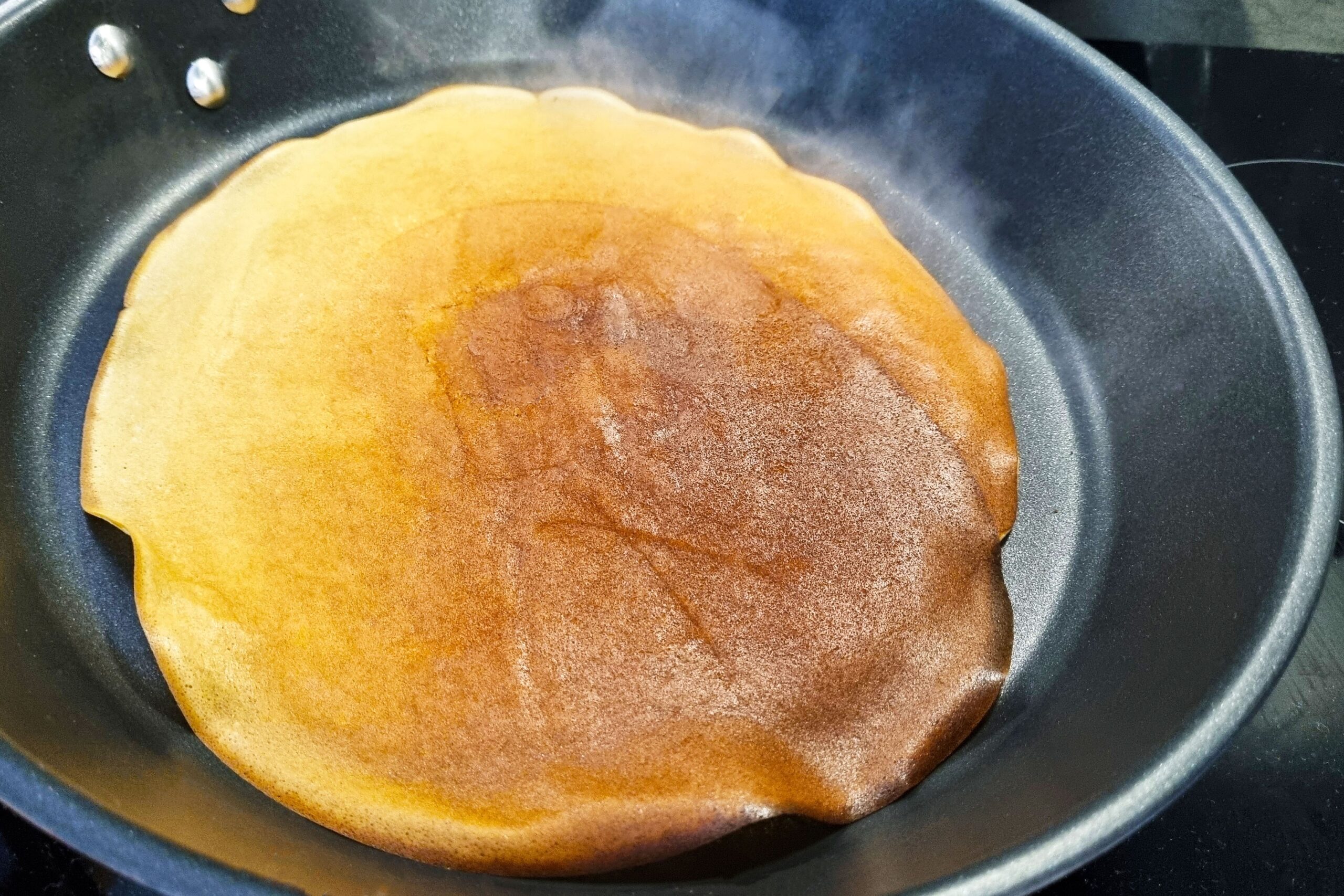The kitchen is one of the most important places in the house, because it is the place where food is prepared and it must be orderly, clean and with the necessary implements to guarantee health. However, there are some things lurking in our kitchens that should not be given a second chance.
Scratched non-stick cookware, worn dish sponges, old herbs and spices, old seasoning jars and old olive oil are at least one of the 5 things that should not be reused in the kitchen.
Striped Nonstick Cookware
With the passage of time and use, non-stick pots and pans begin to show scratches or peeling, it is time to throw them away because this can represent a potential threat to both the quality of our meals and our health.
Cracks form behind scratches, where bacteria can thrive, increasing the risk of foodborne illness. Additionally, scratches affect the non-stick coating, causing food to burn and harmful chemicals to be released. An alternative to this type of materials are stainless steel and cast iron kitchen utensils, as they are scratch-resistant and more durable.
Deteriorated sponges

With the hustle and bustle of kitchen work, a dirty kitchen sponge can easily go unnoticed, however, this is an item that must be replaced periodically.
Sponges become a breeding ground for bacteria, and according to research they can sometimes accumulate more germs than a toilet. This is because sponges are in a moist environment, which provides the perfect environment for bacteria like E. coli and Salmonella. To avoid contamination by germs and bacteria, it is recommended to change the sponge regularly and disinfect them.
Old herbs and spices

Herbs and spices are essential elements in the kitchen to give flavor to dishes, but for how long do we keep these ingredients? Many times, these spices are rarely used and the jars remain for years in our kitchen, so it is recommended to discard those that are no longer at their best, as they lose flavor, potency and properties.
It is important to open them, smell them, check for mold or insects to discard what is not suitable for consumption, then you can update the spice rack with new products and store them in a cool, dry place to preserve them for longer.
aged olive oil

An ingredient that provides a rich flavor to food and offers many health benefits is olive oil, but it must be considered that it has a useful life. That is why you have to pay attention to the expiration date, since it can lose properties, flavor and quality.
Factors such as exposure to air, light, and heat can contribute to olive oil oxidizing, causing a rancid taste. Generally, olive oils should last about 18 months from the bottling date, it is recommended to check this date, as well as also pay attention to the color and aroma of the olive oil. If it smells musty or has a rancid odor, it is best to throw it away.
Another recommendation is to opt for a smaller bottle when replenishing your oil supply, if you do not consume it frequently.
Expired condiment bottles and jars
In refrigerators and cupboards we can have condiments and sauces that can be months or even years old, posing health risks. Additionally, as condiments approach their expiration date, their flavors begin to fade, which means they won’t have as much strength when it comes to enhancing our dishes.
Avoid getting sick by throwing away those old condiment bottles and jars that have been sitting in your kitchen for too long.
Keep reading:
- Uses that you didn’t know about lemon peel
- 7 common mistakes when storing rice and how to avoid them
- Hack to remove the shells from hard-boiled eggs in a short time
